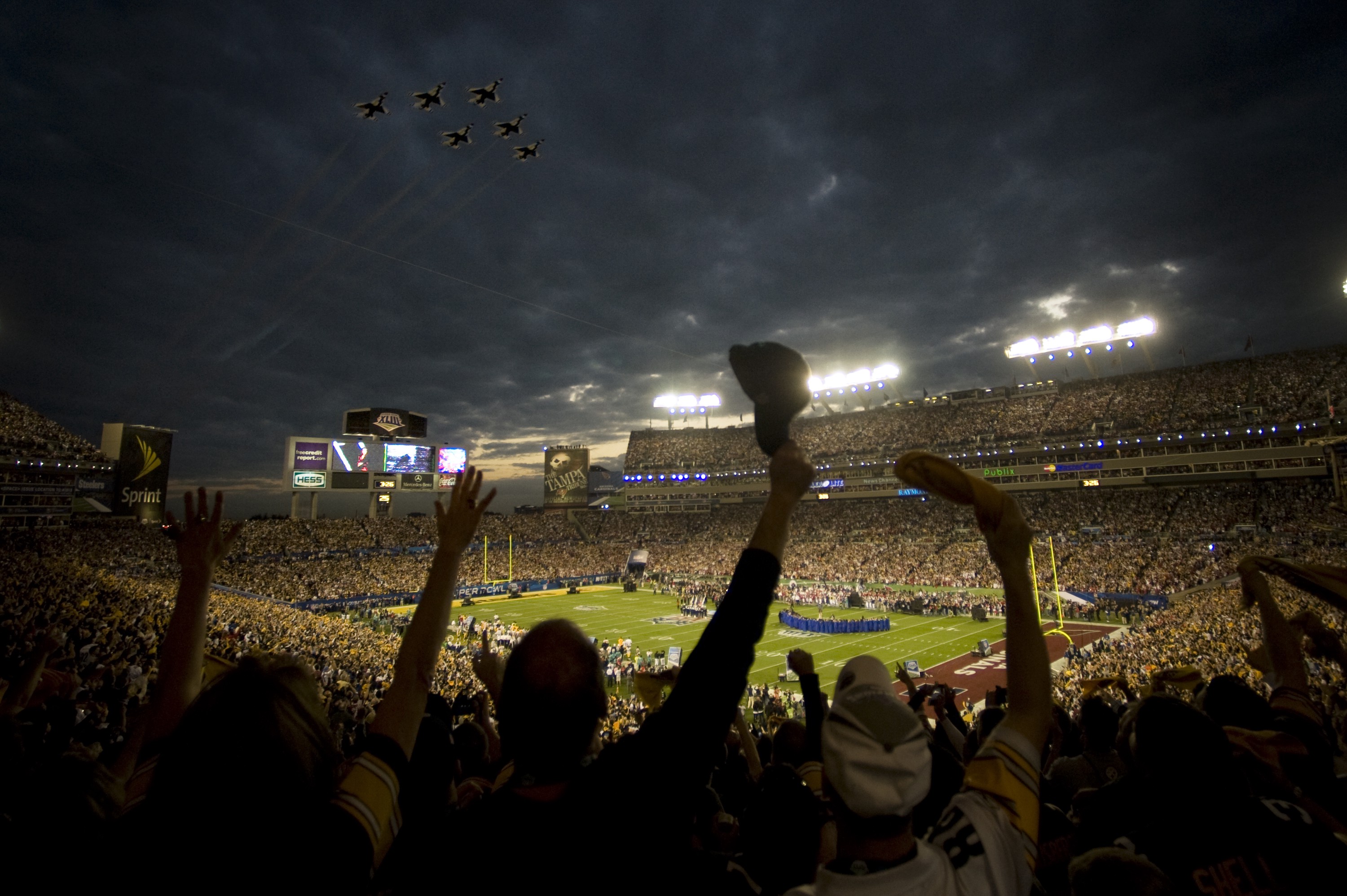Insights
The Key Difference Between the Patriots and the Rams? Their Media Strategy..


The New England Patriots and the Los Angeles Rams will take the field tonight at 6:30 pm for Super Bowl LIII. Leading up to tonight’s game, fans across the country are debating the Vegas spread, previewing the commercial line-up, and preparing party recipes for friends and family. But for those of us in communications, it’s been interesting to note another detail about the teams — their unique media approach.
New England Patriots head coach Bill Belichick is regarded as one of the best head coaches in NFL history because of his many records — including being the only head coach with five Super Bowl titles. But off the field, he is just as well-known for his terse manner in press conferences, and his preference to share as little information with the media as possible.
Belichick’s coaching opponent in today’s game is Los Angeles Rams head coach, Sean McVay, who generated news when hired by the Rams head coach in 2017 as the youngest head coach in NFL history. Over the past two years, McVay has been much more open and forthcoming with the media than Belichick. Clips of his impressive photographic memory earned him social media notoriety and showed his desire to have fun with the press.
Clearly, both coaches have achieved success through their individual coaching methods, resulting in their respective journeys to Super Bowl LIII. However, in looking at their differing media strategies, there are valuable PR lessons to be learned from each of their styles.
Why It Matters
- In comparing coverage between the two organizations, they each garnered roughly half of all media coverage.
- The Patriots’ talking points center around the game with a key message used consistently in interviews : “We’re down here for one reason, which is to win.”
- The Rams’ talking points are more fluid, ranging from discussing the different attributes of their young quarterback (Jared Goff is 24) to commenting on topics outside of the game, such as the shooting in Thousand Oaks.
- The one talking point that remains consistent for the Rams was regarding the age of McVay, with spokespersons repeating: “He carries himself in a way where you can respect him regardless of age.”
- Coverage for both teams was prominent in major DMAs, such as New York, as well as local areas for both teams (California and Massachusetts). Interestingly, both teams also received significant coverage in local markets in Texas and Pennsylvania (where one Steelers fan/TV producer was fired for this headline) .
- Back in 2014 after a blowout loss to the Kansas City chiefs, Belichick forced the media to move on to the next game by using a “We’re on to Cincinnati” response to most questions from the media.
- McVay and the Rams, on the other hand, are much more open with the media and divulge more information about the organization than the Patriots do. Where Belichick deflects, and sometimes even ignores questions, McVay answers with vivid detail and a candor atypical for most NFL head coaches.
Clyde Group Insights
What lessons can PR professionals take from these two Super Bowl teams?
- Have a Plan. The Rams and Patriots take different approaches to the media, but it’s clear they have a plan and that plan extends through the entire organization. Coaches and players alike follow the media strategy. In the Rams’ case, it’s to be more open and responsive. For the Patriots, it’s to maintain a focused on the game and the game alone. Very rarely do members of these organizations deviate. Make sure your organization has established a clear media policy. Designated spokespersons should be aware of the overarching strategy, and well trained to deliver key messages.
- Establish key messages for hot-button issues. While both teams approach the media very differently, coaches and players alike were clearly equipped with talking points for the more difficult and controversial questions they were likely to face.
- Control the narrative. While Bill Belichick takes this to the extreme, he, nor his team, will ever be off-message. By making sure that spokespeople reinforce talking points, you ensure, to the best of your ability, that your message will be heard and understood by all relevant audiences. When asked off-topic questions, be prepared with bridging and pivot statements to bring you back to your key messages
- Develop relationships with the media. McVay and the Rams have established a rapport with their beat reporters and you should do the same. You probably don’t have post-game press conferences on a weekly basis, but you can build meaningful relationships by offering information and data, exclusive quotes, and taking the time for coffee meetings that show you respect the journalist as a person.